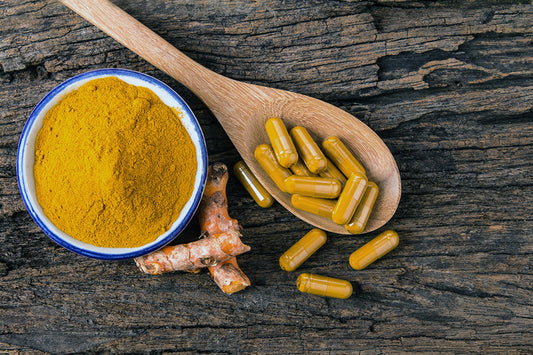Allergies are common health issues that bring seasonal discomforts such as sneezing, watery eyes, and itchy skin. Many people look for natural ways to help ease these symptoms and enjoy better comfort in daily life. One natural compound that is getting attention is quercetin, a plant-based flavonoid found in many fruits and vegetables. But how does quercetin help with allergies, and what makes it worth considering? Let us explore.
What is quercetin?
Quercetin is a naturally occurring flavonoid, which means it is a plant pigment that gives color to fruits and vegetables. It is rich in apples, onions, berries, grapes, green tea, and even red wines. Quercetin is also found in certain herbs such as Japanese sophora, a plant traditionally valued for its natural compounds.
Because quercetin is generally safe when taken in moderate amounts from food, many people include it regularly through a balanced diet. However, food sources may not always provide a consistent dose of quercetin. This is where supplements can be helpful.
How does quercetin help with seasonal allergies?
One of the main ways quercetin helps with allergies is through its effect on the body’s immune cells. When the body encounters common triggers like pollen or dust, special cells called mast cells release histamine. This release is what causes allergy symptoms such as sneezing, watery eyes, and nasal discomforts.
Research suggests that quercetin can help maintain the stability of mast cells, which means it may support the body in handling these triggers in a calmer way. In this sense, quercetin acts as a natural compound that supports balanced immune responses.
What makes quercetin unique?
Apart from helping with allergy symptoms, quercetin is also known for its ability to neutralize free radicals, which are unstable molecules that can affect cells over time. Free radicals are formed in the body naturally, but high exposure to pollution, processed foods, or stress can make them build up faster. By helping to balance free radicals, quercetin supports overall well-being and helps maintain cellular health.
This dual role—helping with allergy discomforts and supporting cellular balance—is what makes quercetin unique among plant compounds.
What is the right dose of quercetin?
The dose of quercetin can vary depending on whether it comes from food or supplements. When you eat fruits and vegetables rich in quercetin, the amount can be small and spread out through the day. However, studies often look at higher doses of quercetin in supplement form, which may give more consistent support.
Quercetin supplements are generally available in capsule form and sometimes paired with other natural compounds that help with absorption. Sandhus Quercetin, for example, is made from Japanese sophora and provides a convenient daily option for those who want to maintain a steady intake of quercetin.
It is always wise to follow the directions on the supplement label and consult a healthcare provider before starting high doses of any supplement.
What are the food sources of quercetin?
Quercetin is naturally found in many fruits and vegetables. Some of the best-known sources include:
- Apples and grapes
- Onions and kale
- Berries such as blueberries and cranberries
- Green tea and red wines
- Herbs such as Japanese sophora
Adding these foods to your daily meals can help you naturally take in quercetin, even if in smaller amounts. For people who want a more consistent supply, supplements can be an easy addition.
How to choose a good quercetin supplement?
When looking for a supplement, it is important to choose a trusted brand that uses natural sources and clean formulas. Supplements made from Japanese sophora are often considered high quality because this herb is especially rich in quercetin.
Sandhus Quercetin is one such option, offering an all-natural supplement that is carefully formulated to help maintain immune balance and support overall wellness. It can be a simple addition to your routine if you are looking for natural ways to ease allergy symptoms.
Conclusion
Quercetin is a powerful plant flavonoid that supports the body in many ways. It helps ease allergy symptoms by maintaining mast cell stability, supports immune balance, and helps manage free radicals in the body. While fruits, vegetables, and drinks like green tea and red wines are natural sources of quercetin, supplements made from Japanese sophora can provide a steady daily intake.
For those searching for a reliable and all-natural option, Sandhus Quercetin offers a clean supplement designed to support wellness and help with seasonal discomforts. Adding quercetin to your lifestyle, whether through food or supplements, can be a simple and natural step toward better comfort and balance.






